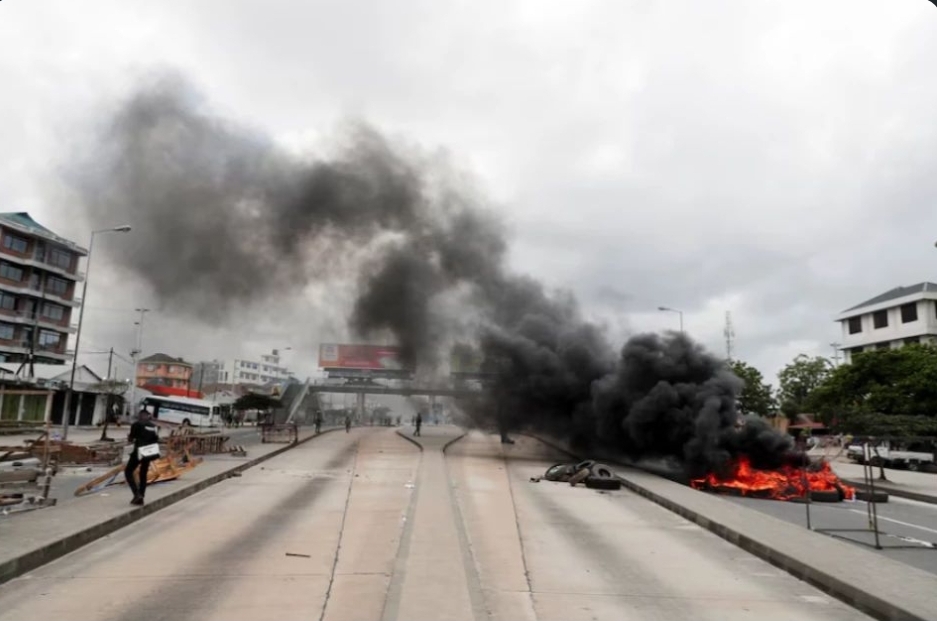TANZANIA’S STILL UNDER BLACKOUT
Tanzania imposed nationwide internet restrictions starting on October 29, 2025, amid tense and violent protests following its general elections.

Despite internet services being restored following a highly controversial election, Tanzanians remain under a partial internet blackout.
The government deliberately disrupted mobile data services and blocked access to social media platforms across major networks, severely limiting online communication as polling stations opened.
The restrictions coincided with protests against a widely criticized election in which key opposition candidates were barred, detained, or withdrew in protest, leaving President Samia Suluhu Hassan facing no serious challenge.
Authorities also imposed a curfew in Dar es Salaam and deployed the military in various regions to control unrest triggered by allegations of election manipulation and political repression.
The internet disruptions, described as a “digital blackout,” prevented citizens from accessing important information and hindered human rights organizations from documenting violations such as police brutality.
Amnesty International labeled the shutdowns a violation of human rights, emphasizing how such tactics suppress public safety and freedom of expression during critical political moments.
“Imposing internet shutdowns, especially when people are protesting, stops important information from reaching citizens such as how to find areas of safety or contact emergency services,” Amnesty International said on Monday evening.
The African Commission on Human and Peoples’ Rights and the UN have called on Tanzanian authorities to restore internet access promptly, urge peaceful demonstrations, and conduct thorough investigations into allegations of excessive use of force against protesters.
The post-election environment remains volatile with ongoing demands for election reforms and respect for democratic freedoms
